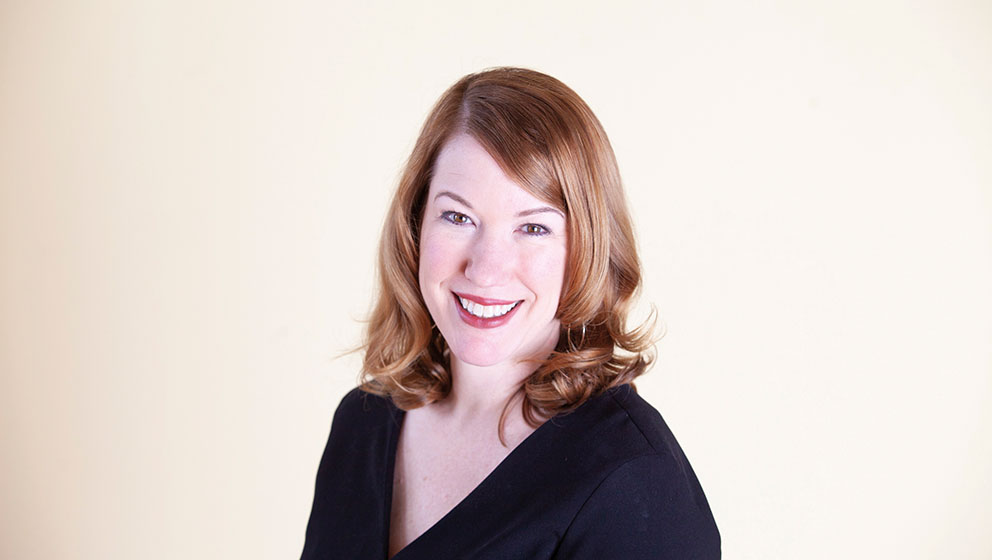Is higher ed ready for 2020? Meet the experts. Martha Johnson, University of Minnesota

DR MARTHA JOHNSON is the Assistant Dean for Learning Abroad at the University of Minnesota. She has worked in international education since 1991 for organizations and institutions in the US, Ireland, Australia, and the United Kingdom. Her experience includes on-site program management, program development and marketing, management of a large university education abroad office, and teaching of short-term programs. She holds a PhD from the University of East Anglia (UK). She has presented at numerous international conferences and has authored articles and chapters for publications. She has served in leadership positions for NAFSA, the Global Leadership League, and the Forum on Education Abroad, and currently Chairs the Board for the Fund for Education Abroad.
What major trends have higher education institutions experienced in 2019? And what trends can higher education foresee in 2020?
The trend away from students pursuing degrees in the humanities, languages, social sciences, and creative arts continues on most campuses in the United States. This trend reflects shifts in societal attitudes towards the benefit education as less of a pursuit of knowledge, or learning how to learn, but rather the acquisition of skills and competencies for future success. As the cost associated with a university degree has increased exponentially, the question of the “return on investment” for students and families is fair. And yet the studies show that the long-term earning potential for students whose studies focus on critical thinking skills may ultimately surpass those whose education focuses solely on professional skills and certification. As technologies shift and develop at a pace previously unimaginable, success in the future will require the ability to imagine goods, services, and industries that do not currently exist and to create jobs in professions as they are established. Disruptive technologies, changing paradigms for future industries, and approaches to work require creativity and imagination.
The role of the academy must shift from a mindset of an institution that provides information to an environment that provides students with experiences that challenge their aptitudes and develop their adaptability, flexibility, ability to navigate difference.
The good news is that professional skills and critical thinking are not diametrically opposed and can be acquired simultaneously. Learning abroad is one example of an experiential learning space that can facilitate the development of intercultural and interdisciplinary skills while basing itself in a professional training curriculum. Indeed, as business schools and STEM programs develop opportunities for their students to participate in learning abroad it is these aptitudes beyond technical knowledge or proficiency that they seek to develop. And the reverse is true as well. As the humanities and languages seek to remain relevant, the ability to include skill-based dimensions of their academic programs are often enhanced by the transferable skills students acquire while studying abroad.
Shifts in education are often presented as a “zero-sum game,” but I choose to take a more optimistic approach. Broadening the educational experience of all students to include dimensions designed to develop critical thinking skills while simultaneously enhancing career skills for traditional disciplines can only improve the experience for all students, which certainly should be the central goal of the academy.
Higher education needs to be reimagined. The role and function of the academy in society will continue to develop modes and models that integrate the best of disciplinary knowledge with optimal experiential education pedagogies. Successes in learning abroad outcomes and impacts offer a potential roadmap for how higher education can best design educational programs that go beyond the limits of traditional modes of teaching to create high impact learning across the curriculum.
Article featured on Worldbound, edition n.3-2019.

